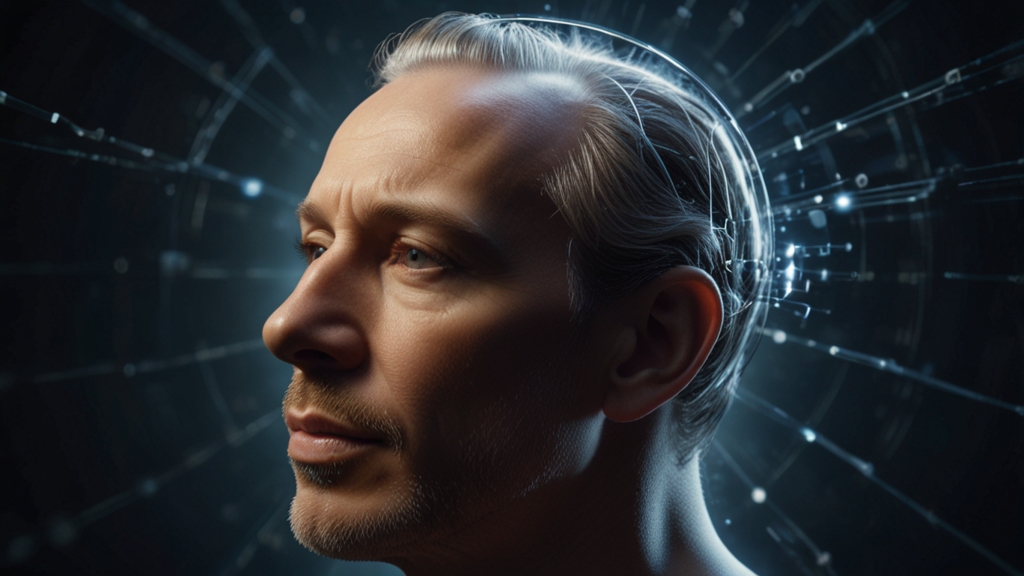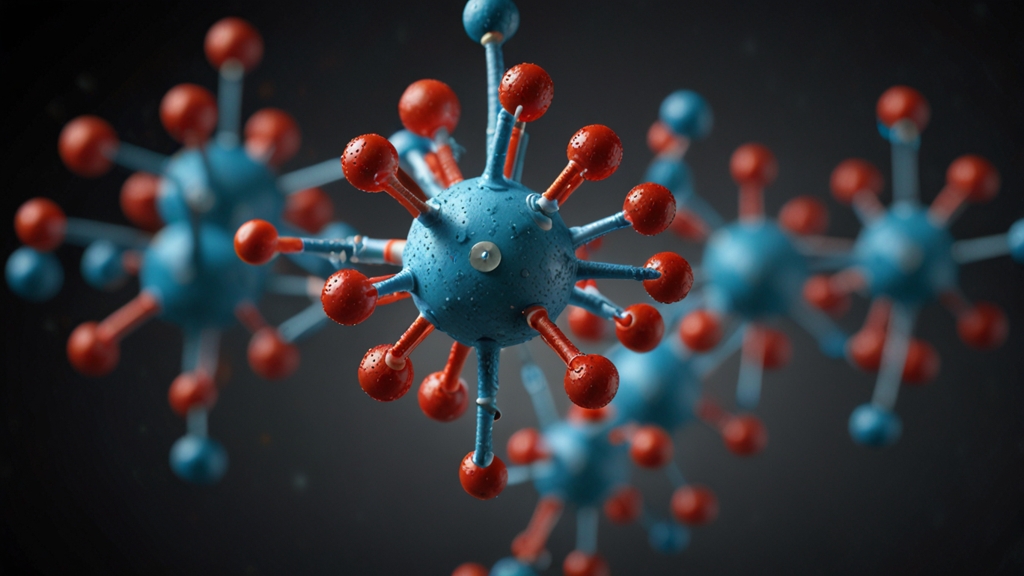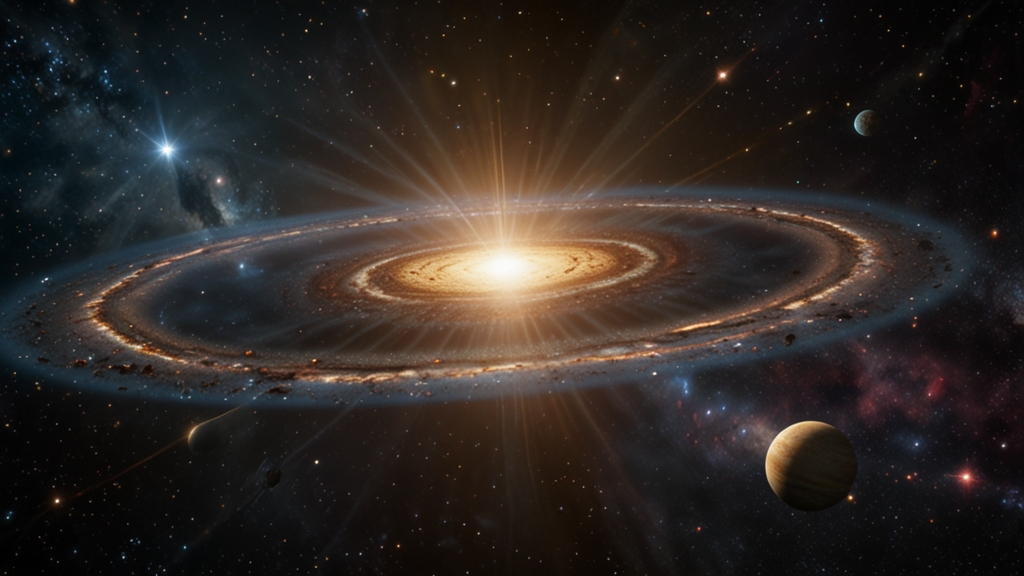The Science of Consciousness: What Makes Us Aware?
Consciousness is one of the most intriguing and elusive phenomena in the realm of science and philosophy. Despite advances in neuroscience and psychology, the mechanisms underlying consciousness remain partially understood and widely debated. This article delves into the science of consciousness, exploring what makes us aware from both a neurological and philosophical perspective.
Defining Consciousness
At its core, consciousness can be defined as the state of being aware of and able to think about one's own existence, thoughts, and surroundings. It involves a myriad of experiences that include sensations, thoughts, emotions, and reflections. Philosophers have long pondered over the "hard problem" of consciousness, which seeks to understand how and why subjective experiences arise from neural processes.
The Neurological Basis of Consciousness
Modern neuroscience has made significant strides in identifying the brain structures and functions associated with consciousness. Key areas of the brain involved in conscious awareness include the cerebral cortex, thalamus, and brainstem. Functional MRI (fMRI) and electroencephalography (EEG) have become vital tools in mapping brain activity associated with various states of consciousness, such as wakefulness, sleep, and altered states induced by anesthesia or meditation.
"The brain is a complicated network of neurons, and understanding how this network gives rise to conscious experience is one of the most profound challenges in both neuroscience and philosophy." - Dr. Christof Koch
Theories of Consciousness
Numerous theories attempt to explain the essence and origin of consciousness. Two prominent theories include:
1. Global Workspace Theory (GWT)
Proposed by Bernard Baars, the Global Workspace Theory suggests that consciousness arises from the integration of various types of information in a "global workspace" within the brain. This integrated information then becomes globally available for different cognitive processes such as decision-making, perception, and memory.
2. Integrated Information Theory (IIT)
Developed by Giulio Tononi, the Integrated Information Theory posits that consciousness corresponds to the capacity of a system to integrate information. The more interconnected and integrated the neural network, the higher the level of consciousness. In essence, IIT measures consciousness by the complexity of information integration.
The Role of Attention and Perception
Consciousness is closely linked with attention and perception. Attention acts as a spotlight that selectively focuses on specific stimuli, filtering out irrelevant information. This selective focus is essential for conscious experience as it allows us to process and respond to our environment meaningfully. Perception, on the other hand, involves the interpretation of sensory inputs, enabling us to make sense of the world around us.
"We see with our brains, not with our eyes. This principle highlights the importance of neural processing and attention in the formation of conscious experiences." - Dr. V.S. Ramachandran
Altered States of Consciousness
Altered states of consciousness, such as dreaming, hypnosis, and meditation, provide unique insights into how the brain generates conscious experience. For example, during REM sleep, the brain exhibits high activity levels similar to wakefulness, yet the conscious experience is radically different, manifesting as dreams. This suggests that different brain states can produce various forms of conscious experience.
Philosophical Perspectives
From a philosophical standpoint, consciousness remains a profound mystery. The "hard problem," as termed by philosopher David Chalmers, questions how and why physical processes in the brain give rise to subjective experiences. Despite rigorous scientific inquiry, a comprehensive understanding of consciousness may require integrating insights from both science and philosophy.
In conclusion, the science of consciousness explores both the neural mechanisms and philosophical questions surrounding our awareness. While significant progress has been made, the full nature of consciousness remains one of the greatest enigmas in understanding the human mind. As research continues to evolve, it holds the promise of unveiling deeper insights into what makes us aware.













